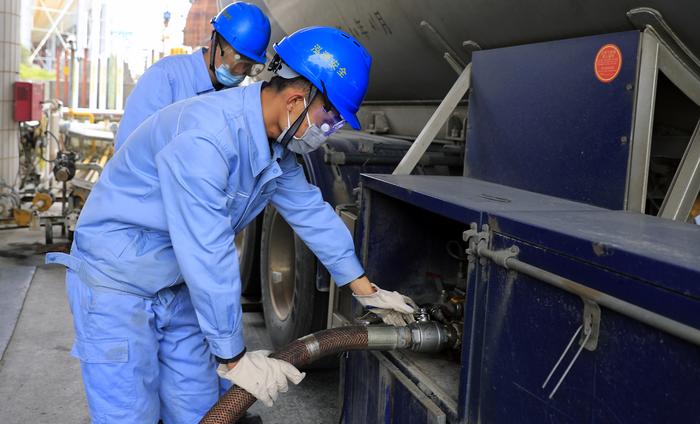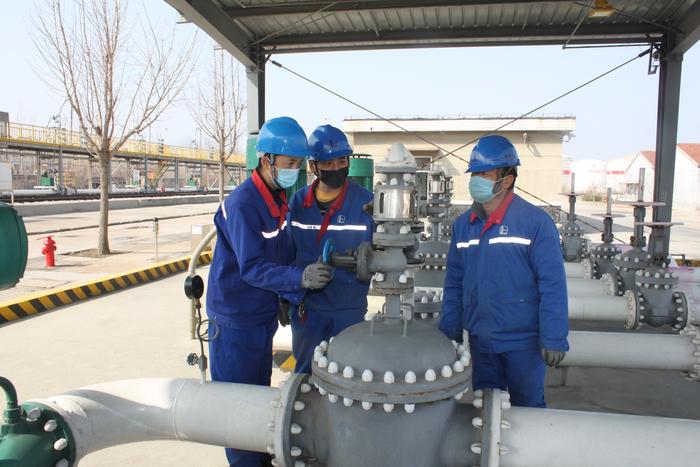|
| 2020-03-18 来源: 中国石化新闻网 |
| 石化新闻 |
中国石化新闻网讯 据今日油价3月16日报道,近期,沙特阿拉伯和俄罗斯向市场注入大量石油,油价已跌破30美元/桶大关。这种价格暴跌可能对全球向清洁能源转型升级产生深远影响。 传统逻辑认为,低油价对可再生能源来说是个坏消息。首先,这意味着较低的汽油和燃料价格,使得电动汽车和生物燃料的竞争力下降。还意味着,一些石油公司可能会转而专注于天然气生产,并压低价格,降低太阳能和风能作为电力来源的竞争力。与此同时,油价暴跌对石油巨头和政府的经济影响也会对可再生能源造成威胁。如果政府和石油巨头被迫削减开支,可再生能源的投资和补贴很可能是最先被削减的对象之一。 据国际能源机构负责人法蒂赫?比罗尔(Fatih Birol)表示,油价暴跌肯定会对清洁能源转型的需求构成下行压力。与此同时,由于经济放缓,彭博新能源财经(BNEF)预期全球太阳能需求将大幅降低。 尽管可再生能源投资在过去10年里一直在迅速攀升,但到2018年,投资增速已经开始放缓。考虑到这些因素,油价暴跌极有可能对全球能源转型产生短期的负面影响。 然而,从长期来看,最近的油价暴跌可能会加快清洁能源的使用。在过去几年里,市场一直处在倡导ESG投资大趋势下,可再生能源的竞争力越来越强,一些不可再生能源项目因担心投资陷入困境而难以获得批准。如今,随着油价跌破30美元/桶,石油和天然气项目不再能获得比清洁能源项目更高的回报。 值得注意的是,在可行的清洁能源解决方案被提出之前,石油需求和价格将会反弹,新的项目无疑是需要的。但6年来的第二次油价暴跌突显了市场的波动性,以及可再生能源解决方案所带来的稳定价值。随着全球目光从化石燃料转向清洁能源,清洁能源的竞争日益激烈。石油巨头和政府正在加倍努力,以实现能源投资的多元化。 王佳晶 摘译自 今日油价 原文如下: Is The Oil Price Crash Good For Renewable Energy? With Saudi Arabia and Russia pumping flooding the market with oil as coronavirus threatens demand, oil prices have crashed below the $30 mark. It is a price crash that could have profound consequences for the global transition to cleaner energy. Traditional logic suggests that a low oil price is bad news for renewables energy on several fronts. Firstly, it means lower gasoline and fuel prices which makes electric vehicles and biofuel less competitive. It also means that some oil companies could shift to focus on natural gas production, sending prices down and making solar and wind less competitive as sources of electricity. Finally, the economic impact of the oil price crash on both oil majors and governments is seen as a negative for renewable energy. If governments and oil majors are forced to cut spending, it is likely that renewable investments and subsidies will be among the first to go. According to Fatih Birol, the head of the International Energy Agency, the oil price crash “will definitely put downward pressure on the appetite for a cleaner energy transition.” Meanwhile, BNEF has reduced its global solar demand significantly due to a looming economic slowdown. And while renewable investment has been climbing rapidly over the last decade, we had already started to see a slowdown by 2018. With all of this in mind, it is highly likely that the coronavirus and oil price war will have a short-term negative impact on the global energy transition. In the long-term, however, there are plenty of reasons to believe that the most recent oil price crash could accelerate the adoption of clean energy. In the last few years, the shift towards conscious capitalism or ESG investing has been one of the most noticeable market trends. At the same time, renewable energy has become increasingly competitive, with some non-renewable projects struggling for approval due to fears of investments becoming stranded. Now, with oil prices below $30, oil and gas projects can no longer claim to offer higher returns than clean energy projects. Oil demand and prices will bounce back, and new projects will undoubtedly be needed until a viable clean energy solution is developed. But a second major oil price crash in 6 years highlights the volatility of markets and the value of the stability provided by renewable solutions. With global sentiment shifting away from fossil fuels, clean energy growing increasingly competitive and oil market volatility once again in the spotlight – we may see oil majors and governments redoubling efforts to diversify energy investment. |








